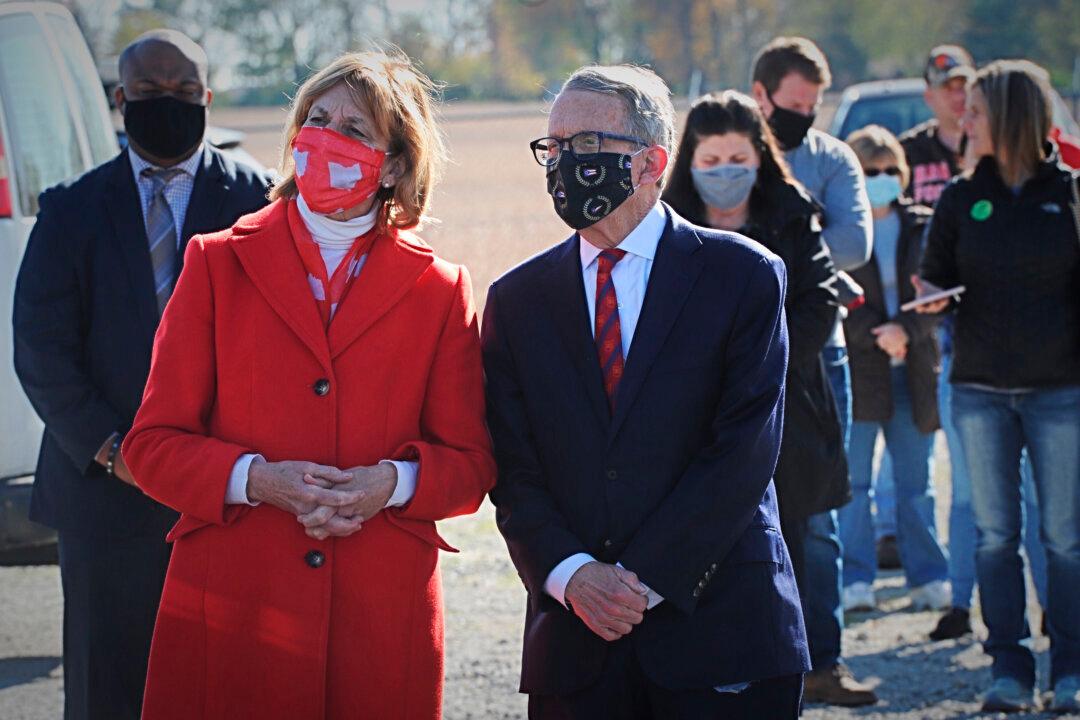COLUMBUS, Ohio—Lethal injection is no longer an option for Ohio executions, and lawmakers must choose a different method of capital punishment before any inmates can be put to death in the future, Republican Gov. Mike DeWine said Tuesday.
It’s “pretty clear” there won’t be any executions next year, DeWine told The Associated Press during a year-end interview, adding he doesn’t see support in the Legislature for making a switch in execution method a priority. Ohio has an “unofficial moratorium” on capital punishment, he said.





